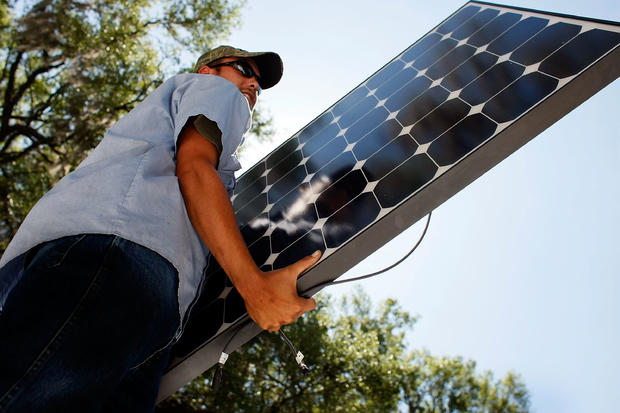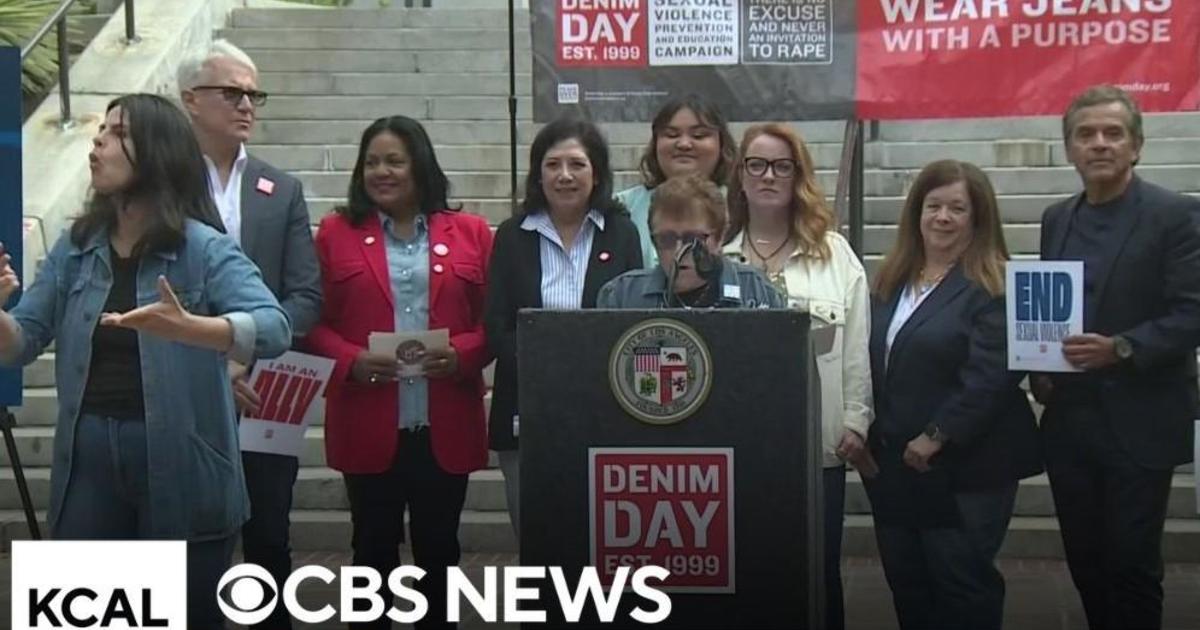How to Save Money and Energy by Using Solar Panels
You may have noticed solar panels on a savvy neighbor's roof. It's quite possible that on the day your mailbox is hit with an energy bill, your neighbor is instead receiving a credit from the local energy supplier. If you've ever wondered if tapping into the solar energy system would work for you, here's what you need to know.
What is a Home Solar Power System?
Photovoltaic, or PV panels, are able to convert everyday sunlight into electricity and are the most commonly used source of solar power used by homeowners today. The panels are typically mounted on an unobstructed, southern-facing portion of the roof, but can also be placed on poles or other structures designed for this purpose. Solar power can be used to heat and cool water and generates enough electricity to reduce or eliminate your dependence on a utility company. Solar power also increases your property's value, but not your taxes.
Photovoltaic, or PV panels, are able to convert everyday sunlight into electricity and are the most commonly used source of solar power used by homeowners today. The panels are typically mounted on an unobstructed, southern-facing portion of the roof, but can also be placed on poles or other structures designed for this purpose. Solar power can be used to heat and cool water and generates enough electricity to reduce or eliminate your dependence on a utility company. Solar power also increases your property's value, but not your taxes.
The Sun Won't Send You a Bill
Free solar energy is provided by the sun and is an inexhaustible and unending resource. You may not diminish your reliance on the power grid altogether, but many solar customers are able to eradicate their power bill completely. Solar power is also an immediate source of energy, so you may notice a diminishment in power when the sun is obscured by heavy cloud cover. Sunny days often result in producing more energy than the average home needs, creating a surplus. Any excess electricity generated through solar panels installed on your property can be shared with the utility company through a process called net metering, resulting in a credit back to you that you are able to utilize when the weather is cloudy or rainy and your system produces less energy.
Free solar energy is provided by the sun and is an inexhaustible and unending resource. You may not diminish your reliance on the power grid altogether, but many solar customers are able to eradicate their power bill completely. Solar power is also an immediate source of energy, so you may notice a diminishment in power when the sun is obscured by heavy cloud cover. Sunny days often result in producing more energy than the average home needs, creating a surplus. Any excess electricity generated through solar panels installed on your property can be shared with the utility company through a process called net metering, resulting in a credit back to you that you are able to utilize when the weather is cloudy or rainy and your system produces less energy.
The Government Wants You To Go Solar
No matter if your preference runs to red or blue, you'll appreciate the 30 percent tax credit you get for going solar just the same. The Renewable Energy Investment Tax Credit was established to encourage both business and home owners to use renewable energy sources whenever possible. The program reduces federal income taxes significantly for both property owners and long-term lessees, as long as performance and quality standards are met and upheld. The credit is calculated via a number of factors, including property cost and equipment, such as solar panels, mounts, installation and wiring.
No matter if your preference runs to red or blue, you'll appreciate the 30 percent tax credit you get for going solar just the same. The Renewable Energy Investment Tax Credit was established to encourage both business and home owners to use renewable energy sources whenever possible. The program reduces federal income taxes significantly for both property owners and long-term lessees, as long as performance and quality standards are met and upheld. The credit is calculated via a number of factors, including property cost and equipment, such as solar panels, mounts, installation and wiring.
The Planet Wants You To Go Solar
Solar energy is clean, producing no harmful emissions, toxins or residues, thus vastly diminishing your home's carbon footprint and supporting an overall reduction in global warming trends. An environmentally-friendly resource, non-polluting solar power reduces society's overall demand for fossil-fuel production, making it the greenest, not to mention the savviest, energy choice families and business owners have today.
Solar energy is clean, producing no harmful emissions, toxins or residues, thus vastly diminishing your home's carbon footprint and supporting an overall reduction in global warming trends. An environmentally-friendly resource, non-polluting solar power reduces society's overall demand for fossil-fuel production, making it the greenest, not to mention the savviest, energy choice families and business owners have today.
Corey Whelan is a freelance writer in New York. Her work can be found at Examiner.com.




